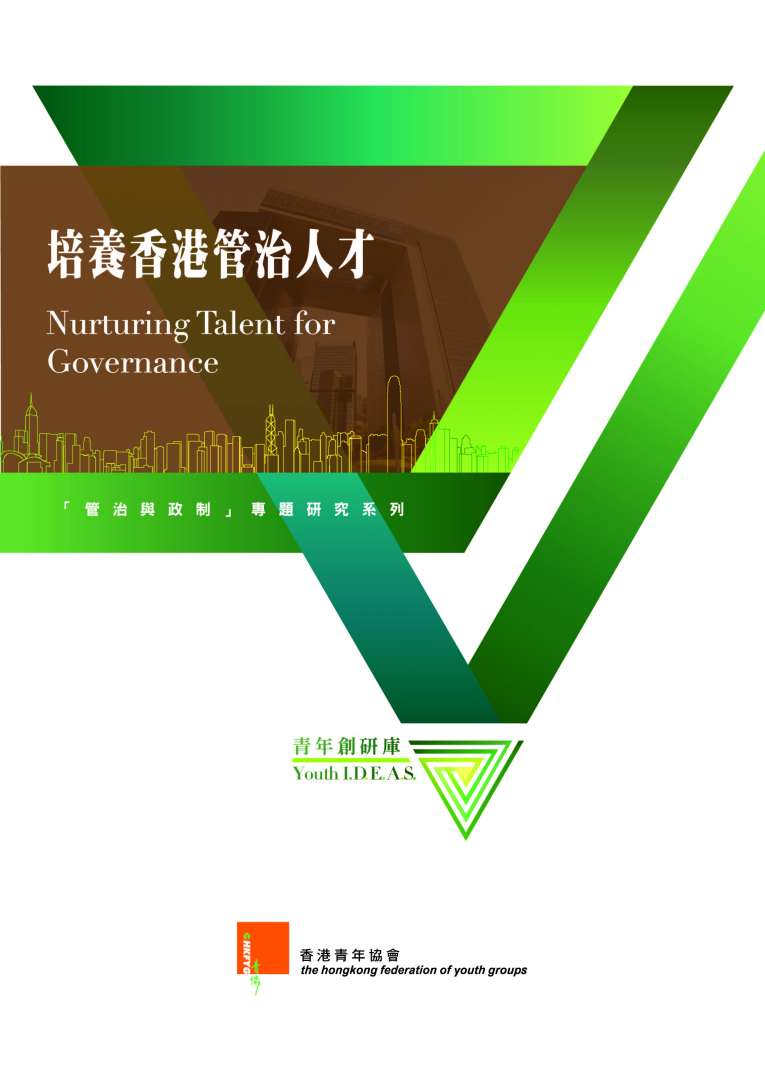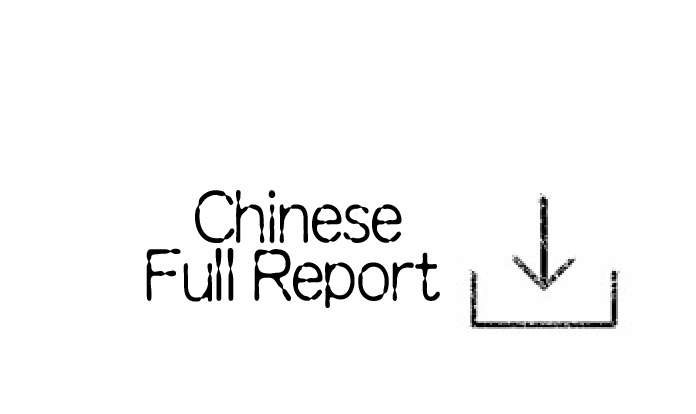Nurturing Talent for Governance
Youth I.D.E.A.S. 33
Governance and Constitutional Development
Nurturing Talent for Governance
26 August, 2018
 Good public governance relies on people with outstanding talents performing their duties and exerting leadership skills in their positions. Those in public office, through making good decisions and effectively using public resources to resolve social problems, improve people’s livelihoods, gain the public’s trust and make society better. Developing a pool of talent for governance is getting more attention, with many governments around the world building talent pools in areas including talent identification, training, practice and experiences retention. Some governments have also strengthened their talent pools through various initiatives and plans to ensure continuity of governance.
Good public governance relies on people with outstanding talents performing their duties and exerting leadership skills in their positions. Those in public office, through making good decisions and effectively using public resources to resolve social problems, improve people’s livelihoods, gain the public’s trust and make society better. Developing a pool of talent for governance is getting more attention, with many governments around the world building talent pools in areas including talent identification, training, practice and experiences retention. Some governments have also strengthened their talent pools through various initiatives and plans to ensure continuity of governance.
Since the handover of Hong Kong in 1997, the Central Government has implemented the principle of “one country, two systems” in the city. Talent for governance has been in high demand. Chief Executive Carrie Lam has repeatedly and publicly emphasised the importance of good governance[1], and her administration has made some arrangements for a new style of governance.
Given the city’s increasingly complicated social development, along with the public’s higher expectations of people in office, it is understandable that its governance is not an easy job. In 2017, Hong Kong placed 27th in the governance section of an international survey on prosperity; a notable drop from 6th in 2009. A survey by the Hong Kong Federation of Youth Groups in 2017 noted that 34% of respondents believed that Hong Kong lacked sufficient talent to fill up the posts of Politically Appointed Officials[2]. It is difficult to find people of talent with the passion, capability and commitment to join the field of governance. This has also brought considerable challenges to the development of the governance talent pool in Hong Kong.
This study adopts a broader scope and definition when it comes to discussing the governance situation in Hong Kong. Direct participation in governance in the Hong Kong SAR Government mainly refers to those who exert various degrees of influence on public affairs through appointment, election or promotion in the civil service.
People who are now young will be the driving force behind governance in future. This research on the one hand makes reference to overseas experiences, and on the other hand grasps the perceptions of Hong Kong youth regarding the criteria and qualities that people need in order to be talented in governing Hong Kong. This research also explores important factors affecting prospective talents’ willingness to enter the field. Along with conducting exclusive interviews with experts in the field, this research makes recommendations for nurturing talent for governing the city. It is hoped that this study might drive young people to actively participate in the community and enlighten the SAR Government of good governance.
In conducting this research, data was collected for analysis through an on-site survey of 520 young people aged 18 to 34 from June to July 2018. Five parallel discussion groups were conducted with a total of 22 young people. Interviews with five experts were also conducted during the same period of time.
Discussion
- Hong Kong needs more people who are willing to partake in governance. Nurturing talent takes time. It is important to develop a talent pool and provide opportunities for prospective talent.
- Talent is not necessarily an in-born gift. It can be cultivated and trained. Hong Kong has certain advantages in cultivating talent in the field. Further irrigation of the soil is needed to allow the seeds to grow more, so there can be a better harvest.
- Society has expectations of the abilities and qualities of people in public office. Governance is becoming more arduous, and setbacks in the process are inevitable. It is worth thinking about how much tolerance or patience society will have for policies intended to nurture talent in the field.
- Young people have various thoughts towards participation in governance. We should help those in the younger generation who are interested in participating in governance. Opportunities should be provided for young people to play an active role in public governance.
- The existing political appointment system is not incapable of cultivating talent, but there is also room for improvement.
- The retention of know-how regarding governance is important for the transfer and continuity of wisdom and experience. This provides valuable references for political successors.
Recommendation
- Increase young people’s understanding of governance and related career prospects as early as possible.
- Provide systematic and in-depth college internship opportunities.
- Retain the experience and wisdom of former Politically Appointed Officials.
- The Policy Innovation and Co-ordination Office should regularly organise policy exchanges or seminars.
- Strengthen the secondment scheme by encouraging more Administrative Officers to take on work in the private and public sectors.
- Expand the scale of the existing political appointment system.
[1] The Chief Executive’s 2017 Policy Address. Paragraph 1.
[2] The Hong Kong Federation of Youth Groups. Youth I.D.E.A.S. Report No. 19 “Young People’s Views on the Performance of Political Appointments”. February 2017.




